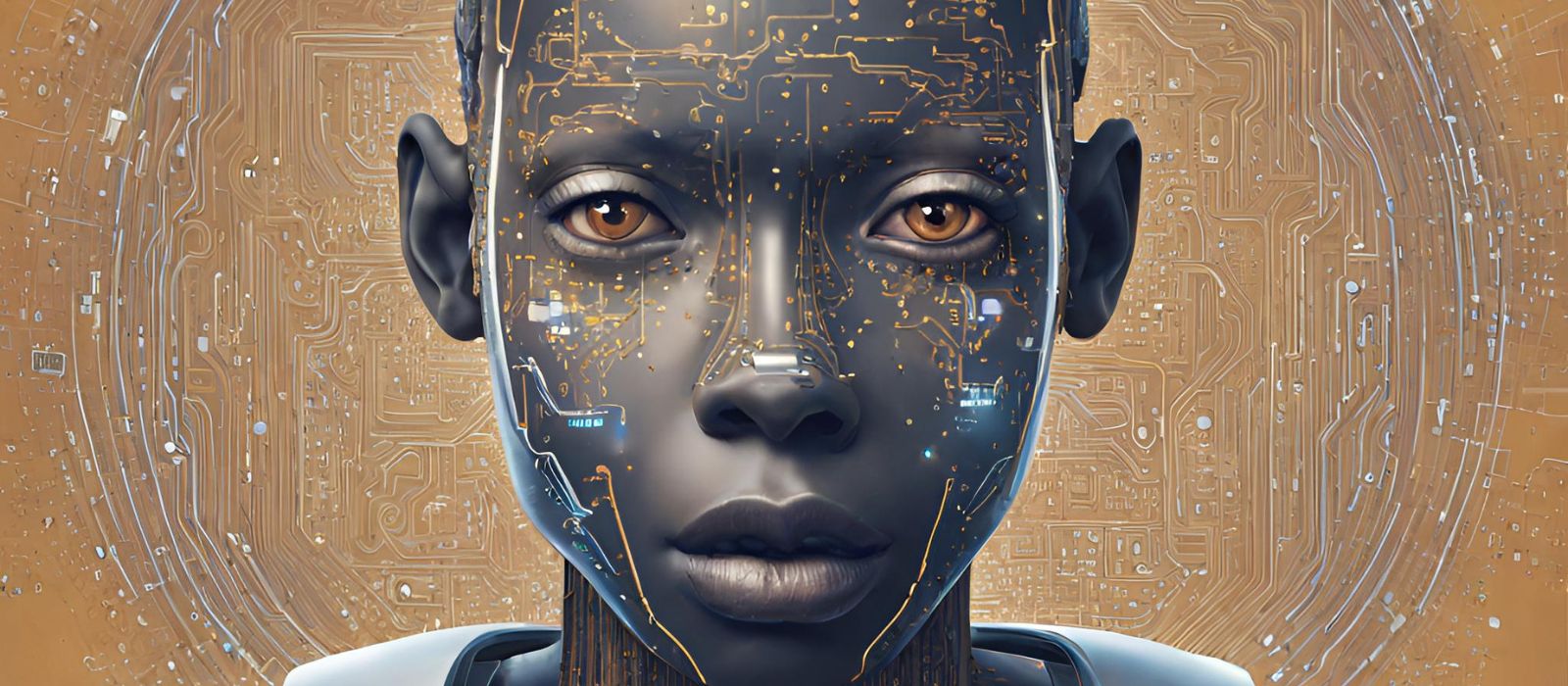
Artificial Intelligence (AI) is gaining traction across various sectors in Africa, promising transformative solutions to complex challenges and driving innovation in diverse fields. From healthcare and agriculture to finance and education, AI technologies are being leveraged to enhance efficiency, improve decision-making, and address pressing societal issues.
In healthcare, AI-powered tools are revolutionizing disease diagnosis, patient care, and treatment outcomes. For example, machine learning algorithms are being used to analyze medical images, detect diseases like tuberculosis and cancer, and predict patient risks, enabling healthcare providers to deliver more accurate and timely interventions.
Additionally, AI-driven chatbots and telemedicine platforms are expanding access to healthcare services, particularly in remote and underserved areas, bridging the gap between patients and healthcare professionals.
In agriculture, AI applications are optimizing crop management, increasing yields, and ensuring food security. AI-powered systems analyze data from satellites, drones, and sensors to monitor soil quality, crop health, and weather patterns, enabling farmers to make data-driven decisions and implement precision agriculture techniques. These technologies help farmers minimize resource wastage, reduce environmental impact, and maximize productivity, contributing to sustainable agricultural practices and economic development.
In finance, AI is revolutionizing banking, insurance, and fintech services, driving financial inclusion and innovation. AI algorithms analyze vast amounts of data to assess credit risk, personalize customer experiences, detect fraudulent activities, and automate processes like loan approvals and insurance claims processing. By streamlining operations, reducing costs, and improving customer satisfaction, AI-powered financial solutions are expanding access to affordable and reliable financial services, empowering individuals and businesses across the continent.
In education, AI technologies are transforming learning experiences, personalizing instruction, and expanding access to quality education. AI-driven adaptive learning platforms tailor educational content and assessments to individual student needs, enabling personalized learning pathways and improving learning outcomes. Moreover, AI-powered tools like chatbots and virtual tutors provide students with immediate feedback, guidance, and support, enhancing their engagement and comprehension. As digital learning continues to evolve, AI is playing a pivotal role in democratizing education and preparing learners for the challenges of the future.
Despite the promising potential of AI in Africa, several challenges remain, including limited access to infrastructure, data privacy concerns, and the need for skilled AI talent. Addressing these challenges requires concerted efforts from governments, businesses, academia, and civil society to invest in digital infrastructure, promote data governance frameworks, and provide training and capacity-building programs in AI-related fields.
As AI adoption continues to grow across the continent, Africa is poised to harness the transformative power of AI to drive inclusive growth, address societal challenges, and unlock new opportunities for prosperity and development. With a strategic approach and collaborative partnerships, Africa can leverage AI as a catalyst for innovation, economic empowerment, and sustainable progress in the years to come.



